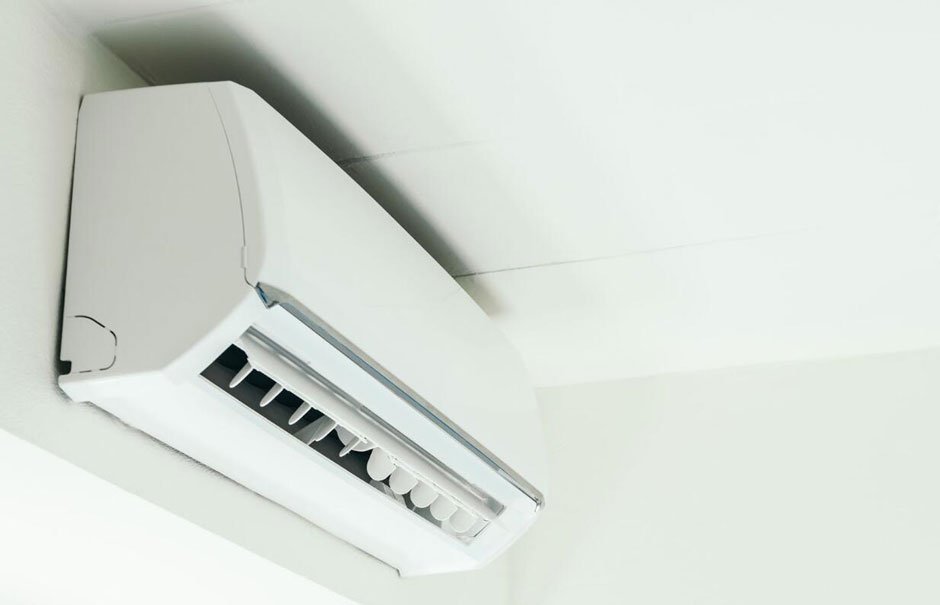The Role of Inverter Air Conditioners in Tackling Climate Change

As the world grapples with the increasing challenges of climate change, it becomes imperative for individuals and businesses to seek sustainable solutions in their everyday lives. One area where significant progress can be made is in the field of air conditioning. With their energy-efficient technology, inverter air conditioners are emerging as a key player in reducing carbon emissions and mitigating the impact of global warming. In this article, we will explore the role of inverter air conditioners in tackling climate change and how they can contribute to a greener and more sustainable future. If you consider making a positive environmental impact and staying comfortable simultaneously, and buy inverter air conditioner.
The Problem of Conventional Air Conditioners
1.The Environmental Impact of Conventional Air Conditioners
Traditional air conditioners, commonly known as non-inverter air conditioners, are notorious for their high energy consumption and negative environmental impact. These systems operate on a simple on/off principle: the compressor runs at maximum capacity or shuts off completely. This frequent start-stop cycle leads to excessive energy consumption and contributes significantly to greenhouse gas emissions. According to studies, air conditioning accounts for a considerable portion of global electricity consumption. It is a major contributor to carbon dioxide emissions.
2.The Energy-Efficient Technology of Inverter Air Conditioners
Inverter air conditioners, on the other hand, offer an innovative and sustainable alternative to traditional systems. These units utilize advanced technology that adjusts the compressor speed based on the desired room temperature. Unlike non-inverter models, inverter air conditioners continuously regulate the cooling output, avoiding unnecessary power surges and maintaining a consistent temperature. By running at variable speeds, these systems consume less energy, reducing electricity bills and lowering carbon footprints.
The Benefits of Inverter Air Conditioners in Combating Climate Change
1. Energy Efficiency and Cost Savings
The primary advantage of inverter air conditioners lies in their remarkable energy efficiency. By eliminating the need for frequent on/off cycles, these units can save up to 30-50% energy consumption compared to conventional models. This reduces greenhouse gas emissions and translates into significant cost savings for consumers over the long term. While the upfront cost of inverter air conditioners may be slightly higher, the lower energy bills can offset this initial investment in future years.
2. Reduced Carbon Footprint
Inverter air conditioners play a crucial role in reducing carbon emissions, making them an excellent choice for environmentally conscious individuals and businesses. The decreased energy consumption of these units directly contributes to a lower carbon footprint, helping to combat climate change. By choosing an inverter air conditioner, you actively participate in global efforts to reduce greenhouse gas emissions and create a more sustainable future.
3. Enhanced Comfort and Silent Operation
Besides their environmental benefits, inverter air conditioners offer enhanced comfort and convenience. The advanced technology allows for precise temperature control, ensuring a consistent and comfortable indoor environment. Additionally, inverter air conditioners operate more quietly than traditional models, providing a peaceful and tranquil atmosphere in your living or working space.
Conclusion
Inverter air conditioners have emerged as a game-changer in the fight against climate change. With their energy-efficient technology, these units save electricity and reduce greenhouse gas emissions and offer significant cost savings to consumers. By buying an inverter air conditioner, you are making a conscious decision to contribute to a greener and more sustainable future. It is time to embrace this eco-friendly cooling solution and play your part in mitigating the impact of climate change while enjoying optimal comfort in your indoor spaces.



